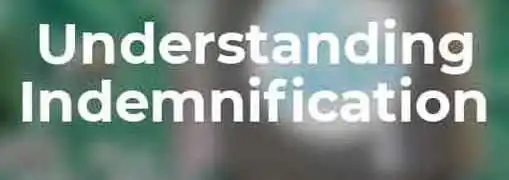Legal Information for Entrepreneurs
Taking Down a Website for Nonpayment
Taking down a website for nonpayment is something that is often discussed in the web designer and web developer community. If you've been stiffed by a client, can you take down their site and put a big These Guys Are Deadbeats notice on their home page?
Changes in technology and the prevalence of the internet have created a world of opportunities for small businesses.
Some small business owners have found their niche by creating websites for business and individuals. But even new business opportunities experience old business dilemmas - like how to deal with deadbeat clients.
Web designers actually have a leg up on other types of businesses when it comes to dealing with non-paying customers.
Under certain conditions, a designer may have the ability to take down a client's website for nonpayment. However, under a different set of conditions the web designer can be sued for taking a client's website out of service.
Ultimately, the legality of the action hinges on the answers to a few critical questions.
Who is hosting the website?
If the web designer is hosting the site and the client is delinquent on the hosting fees, the designer may have the right to take down the site for nonpayment.
However, if the client is hosting the site through another provider, the designer likely does not have the right to take the site down or alter it, even if he has the ability to do so. In fact, if the designer takes down a non-hosted website he may be criminally charged and/or sued for damages.
Is there a contract?
Contracts are a web designer's best defense against non-paying clientele. A good contract should stipulate the consequences for nonpayment.
Better yet, the contract should make it clear that the website will not be activated until the designer's fee has been paid in full.
If the designer is also hosting the website, the contract should also make it clear that nonpayment will result in suspension of the website.
Who own the copyright?
Copyright ownership is an issue that should be specifically addressed in the contract. To protect the designer's interests, the contract should stipulate that the designer retains ownership of the copyright until he has been fully paid for design work related to the site.
If this isn't clearly specified in the contract, the issue of copyright ownership may be in dispute and it may be more difficult to settle a delinquent account.
What are the alternatives to taking down a site for nonpayment?
A client's website should only be suspended when all other alternatives have been exhausted.
Like any other small business, slow payments are bound to occur. If a client's payment is a couple of days late, you are probably better off sending a late payment notice than shutting down their website. If all else fails, consult your attorney about initiating legal proceedings.
What should a suspended website say?
If worse comes to worse and you have to actually take down a client's website, you need to be thoughtful about the words web surfers see when they visit the site.
Although it might be tempting to shame a deadbeat by putting something like, "WEBSITE SUSPENDED FOR NONPAYMENT" on a suspended site, doing so could empower the client to sue you for libel.
The safest way to handle it is to do nothing - leave the site blank and let the client deal with the fallout from the people who can no longer access a functional site.
Share this article
Additional Resources for Entrepreneurs



Conversation Board
We greatly appreciate any advice you can provide on this topic. Please contribute your insights on this topic so others can benefit.